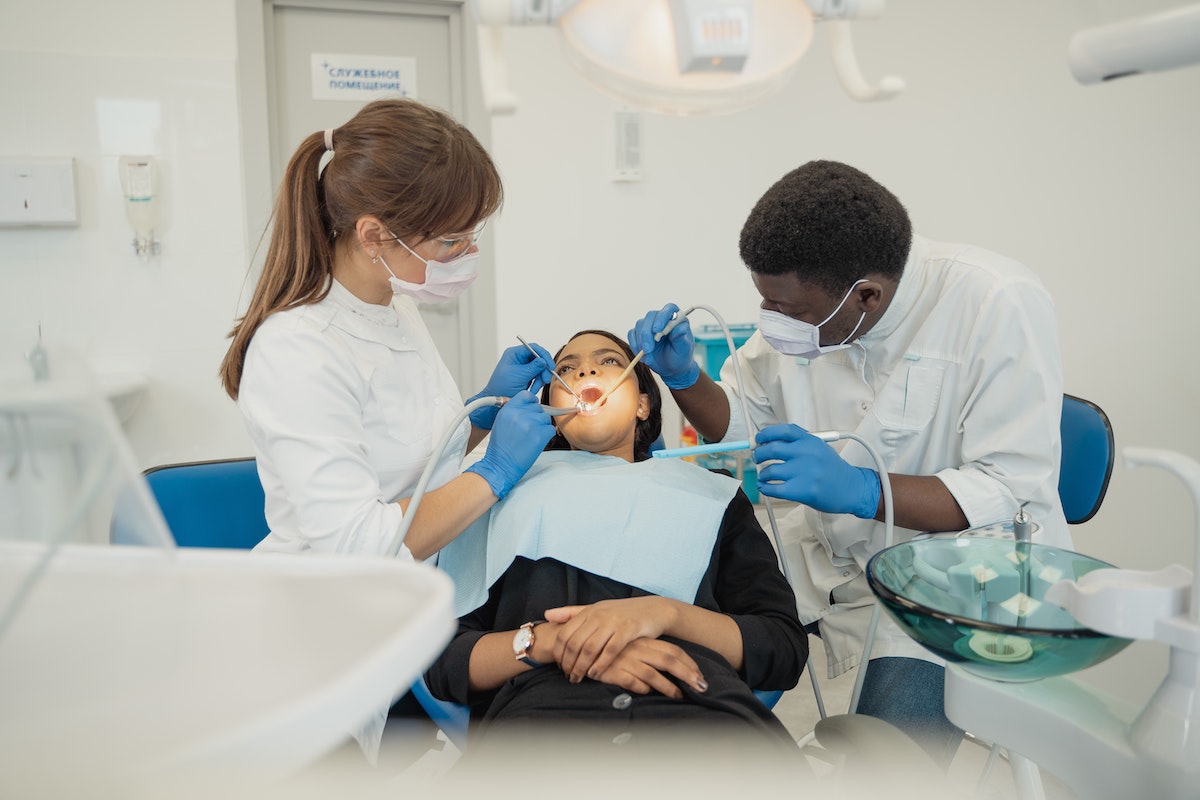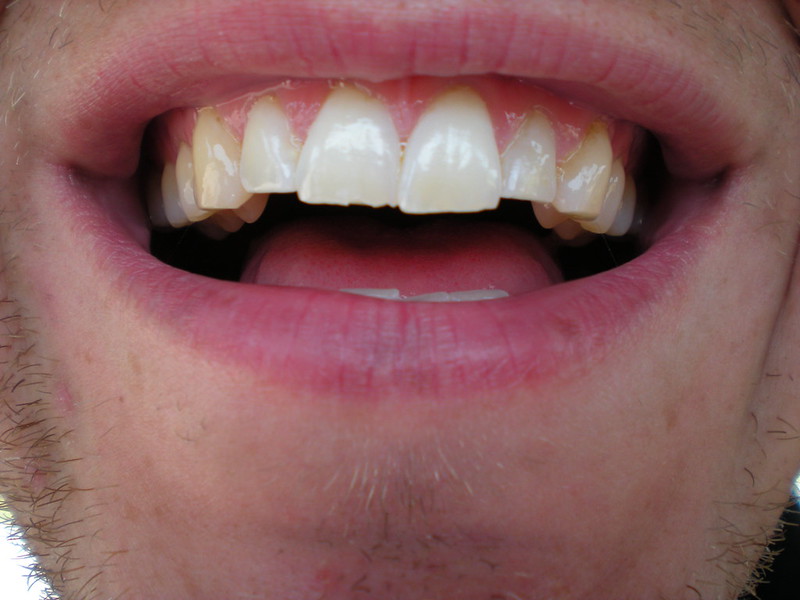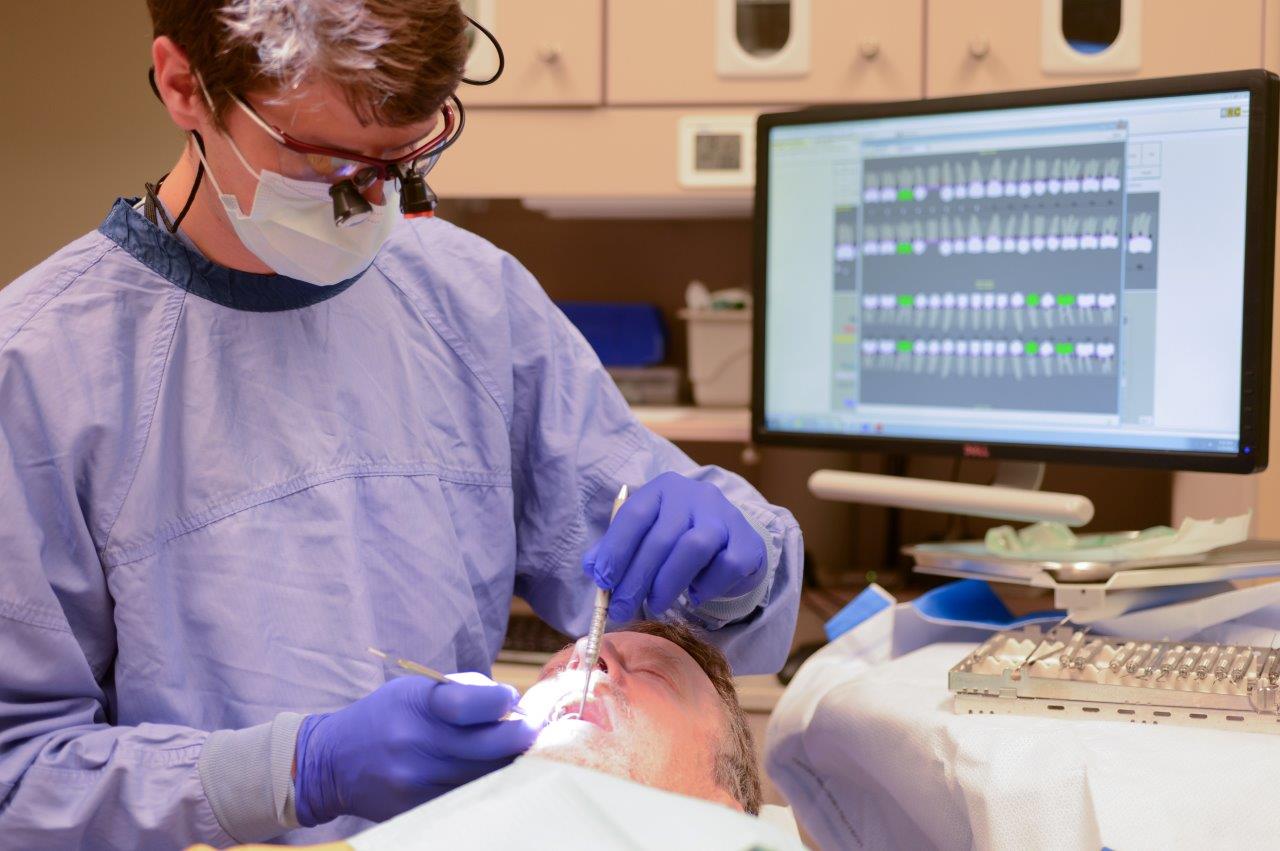Emergencies, by definition, are unexpected events. Dental emergencies are no different. Even people who take good care of their oral health can suffer accidents, trauma, or the sudden worsening of a dental problem. Some issues call for immediate emergency dental care and should not wait until the next checkup.
What types of things can wait and what are true dental emergencies? Here are eight instances when you should see a dentist right away:
Dental Emergencies You Should Not Ignore
The pain of non-emergency dental issues can usually be eased with at-home remedies like over-the-counter pain medication, or a hot or cold-pack, at least until a dental appointment can be made during normal practice hours.
Most things that send a patient in for emergency dental care involve severe discomfort that is not helped with these methods. If it becomes difficult or impossible to chew, speak, or otherwise carry on normal actions, it is definitely urgent.
People often want to ignore a dental problem if they have a fear of the dentist or are worried about the cost. But serious dental issues do not get better on their own. In fact, they almost always get worse. It is usually obvious that there is a problem and eventually it will become impossible to ignore.
1. Toothaches and Other Mouth Pain

Sometimes a toothache is not an emergency and could be the result of something simple like a seed caught between teeth. After thoroughly brushing and flossing, try over-the-counter medications first to see if it will go away. In many cases, a patient can handle the pain until they can get in to see a dentist, even if there is a cavity or other problem.
Pain in a tooth that does not go away or gets worse can be a sign of a cavity, or an even more serious infection called pulpitis. Jaw pain might mean that wisdom teeth are trying to push through the gums or could result from grinding teeth at night. And pain around the gums could indicate gum disease.
If pain becomes intense or radiates out toward the jaw and disrupts eating and even sleeping, it is time to seek emergency dental care.
2. Bleeding Gums
A bit of blood after brushing and flossing is usually nothing to worry about. In fact, it is sometimes just a sign of brushing too hard. Or, perhaps a piece of food scratched the gum. More frequent bleeding can be a symptom of gingivitis or periodontitis (gum disease). Patients should consult a dentist, but it is not usually an emergency.
An excessive amount of blood or bleeding that won’t stop, however, could signal an emergency. There could be a cut that needs stitches and antibiotics. A lesion or sore that won’t heal could be a symptom of something even more serious. The patient could be suffering from oral cancer or a blood disorder. Seeing an emergency dentist could be the first step in getting diagnosis and treatment.
3. Infection
Leaving a cavity untreated can lead to an infection, which could become a dental emergency. As decay makes its way toward the root of a tooth, patients can experience both excruciating pain and bleeding, as well as swelling of the surrounding tissue. Sometimes, a painful abscess will form, filling with pus.
Infections like this call for emergency dental care. The dentist will need to lance the abscess to drain the fluid, then treat the cavity. When tooth decay is bad enough to cause an infection or abscess, an emergency root canal might be the next step.
4. Broken Tooth

A patient who breaks a tooth can sometimes wait until it is convenient to see the dentist. This depends on which tooth is broken and how badly.
If the broken tooth is a molar responsible for heavy chewing, getting it looked at is more urgent. Also, if the break has a jagged edge that cuts the gums or lips, the patient will want it treated quickly.
A break, crack, or split that is deep enough to expose the tooth’s root needs emergency care to prevent bacteria from getting in and causing an infection. And any break that causes excessive pain or bleeding should be examined immediately.
5. Teeth Knocked Loose or Knocked Out
If a patient is in an accident or receives some type of blow to the head, they might have a tooth knocked loose or knocked out completely. If there are several teeth affected, or if the pain is severe, it is a good idea to seek emergency treatment.
In many cases, though, the patient could wait until they can make a normal appointment with the dentist. Missing teeth should always be addressed before too much time passes. Leaving a gap allows the other teeth to shift out of alignment. This can cause pain and discomfort when chewing and may lead to bone loss and jaw issues.
6. Lost Crown or Filling
If a crown or filling falls off a tooth and there is no pain, the patient should call the dentist to make an appointment to have it repaired at their earliest convenience. In many cases, though, losing a crown or filling can be very painful. These situations can be considered dental emergencies.
Remember the reason for both fillings and crowns is to fix a cavity or infection, so when they are gone, the tooth is left exposed and vulnerable. Emergency care might be a simple temporary filling or temporary crown, along with a follow up appointment when the dentist can redo the treatment.
7. Complications After Restorations

A failed root canal or a dental implant that is not healing can cause extreme pain. Because these types of restorations involve somewhat invasive procedures, complications should be taken seriously.
Dentists will usually give patients detailed instructions for at-home care after a dental procedure, as well as a list of things to watch for. Some discomfort and swelling is usually normal. If there is pain, bleeding, or swelling that seems to go beyond what is expected, the patient should seek emergency care.
8. Locked Jaw
Temporomandibular joint (TMJ) disorder causes clicking and sometimes pain in the jaw. It can become worse if the patient grinds their teeth, but it is not typically an emergency. In some cases, however, symptoms can worsen and the jaw might become locked and frozen in place, or it can be extremely painful to open and close the mouth.
If the jaw does not relax, it should be considered an emergency. The dentist can help with immediate treatment for the pain and set up a future appointment to discuss a long-term solution.
Do You Need a Dentist or a Doctor?
Even though most dental offices stick to somewhat regular business hours, with some seeing patients on Saturdays or on one or two late evenings a week, dentists often make exceptions for emergencies. They will see patients at any time, or possibly refer them to a nearby emergency dental clinic that is open 24/7.
Patients should avoid going to the hospital emergency room or a medical urgent care center for a dental emergency. Just as a dentist would not be equipped to set someone’s broken arm, medical doctors will have the expertise or equipment to fix a tooth or other dental issue.
An exception to this would be a dental issue that is part of an accident or trauma. For example, facial injuries suffered in a car crash might include broken teeth, but the patient should first be checked out by a doctor. They will want to address the possibly broken jaw and apply any necessary sutures immediately, while the damage to the teeth can wait.
Get Help for Dental Emergencies
When mouth pain and discomfort becomes too much to bear, contact a dentist for emergency dental care. Serious problems do not resolve on their own. Waiting almost always results in more pain and a higher cost for treatment.
If you do not have a regular dentist, your emergency still deserves attention. Use our online tool to find a dental professional who can take care of your emergency right away.


